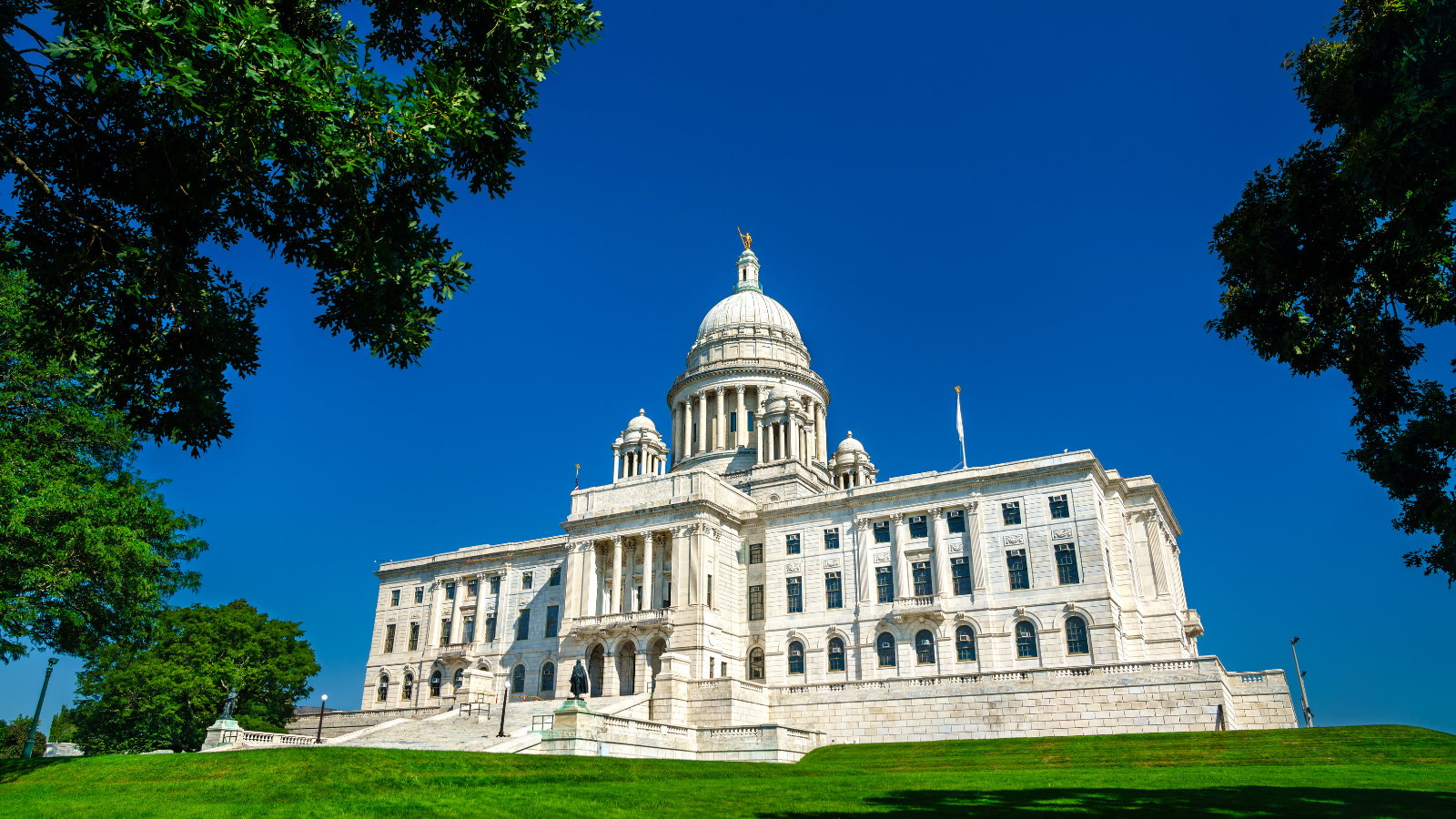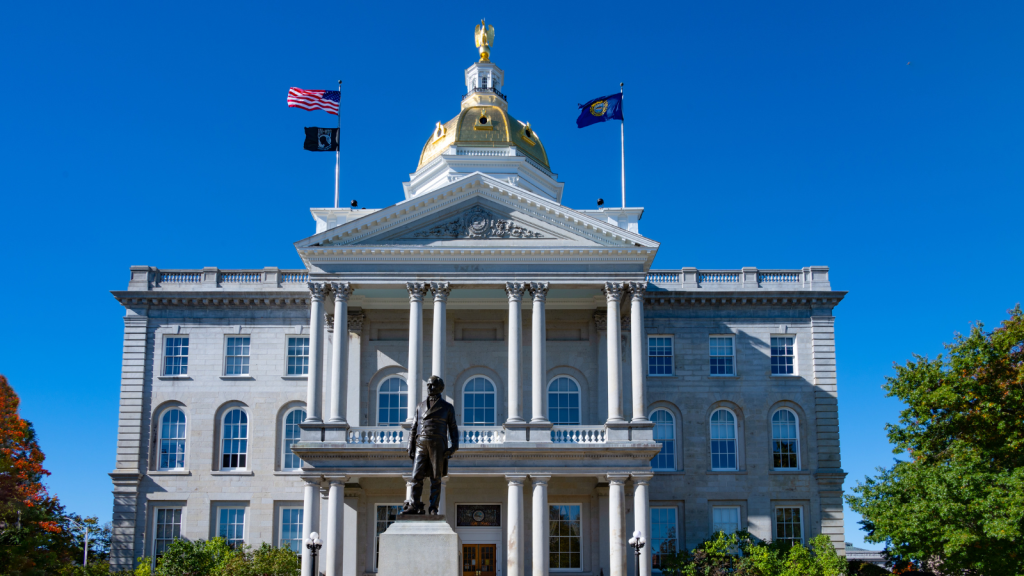New Rhode Island Poll Shows Voters Back Balanced Energy Policy with Renewables and Natural Gas
(Rhode Island) – Despite national political assumptions about deep blue Democratic states like Rhode Island aligning with the most progressive energy positions, the reality is far different. A new survey of Rhode Island’s registered voters released by Natural Allies for a Clean Energy Future found that:
- 68% support a balanced policy of more renewables and more natural gas
- Just 24% approve of Governor Dan McKee’s job performance
- Voters support energy choice by a 70-18% margin over required electrification that moves away from natural gas
- 84% feel their electric bills are too high (the highest in an 8 state region)
- 80% are concerned with their own economic situation
- 69% want elected officials to focus on policies that reduce cost burdens on low-income communities
- Just 10% of residents are very or somewhat likely to convert their home to an electric-only heat pump, which costs about $616 more annually on average to operate than a gas furnace. Electric-only heat pumps are frequently cited in other states likes Massachusetts as a solution to move households off natural gas.
“Rhode Island saw rising power prices this winter with some of the highest electric bills in the nation. In an already uncertain economic environment, it is no surprise that residents care first and foremost about affordable and reliable energy,” said former Mayor Michael Nutter (D-Philadelphia) and Natural Allies Leadership Council Co-Chair. “Coming out of the 2024 election, Democrats need to find their way back to common sense policies that put affordability and kitchen table issues first. It’s where independent and working-class voters are. Advancing balanced energy policies, that include both renewables and natural gas, is a political winner and key to tackling our energy affordability and climate challenges together.”
Natural Allies tested six policy proposals to address Rhode Island and New England’s shared reliability and affordability challenges now and in the years ahead. The most popular solution – building more renewables balanced with more natural gas – was supported by 68% of voters (including 76% of Democrats). Notably, the least popular proposal, which tested the region’s de facto energy approach including stopping natural gas pipelines, burning higher emitting fuel oil for electricity, and purchasing foreign natural gas (as the region did from Russia in 2018), was less popular (20%) than burning more coal (33%).
A recent report by the Democrat-aligned Progressive Policy Institute found that an energy transition without natural gas would increase energy cost burdens among populations that could least afford it. The report used Boston as a case study and found the highest energy cost burdens fell almost exactly on neighborhoods with the highest Black populations. A clear majority of Rhode Island voters (69%) agree elected officials need to focus on reducing cost burdens on low-income communities, rather than advancing zero-carbon policies even if it means higher costs for those who could least afford it (15%).
“This survey proves that even among the bluest states in America, natural gas is popular with voters and is necessary for affordability and reliability. Like Governor Lamont in Connecticut, Governor McKee can pivot to a balanced policy that ramps up renewables like offshore wind to reduce carbon emissions, while increasingly relying on natural gas as a foundation to lower gas and electric bills,” added former Congressman and Leadership Council Co-Chair Tim Ryan (D-OH). “Democratic leaders like Governor Josh Shapiro in Pennsylvania have expressed their goal of moving more natural gas into New England to lower costs for ratepayers.”
The poll was commissioned by Natural Allies for a Clean Energy Future and conducted by MAD Global Strategy, a bipartisan public strategy firm. The data is based on a text-to-web survey of 500 registered voters residing in the state of Rhode Island, from May 14-18, as part of a larger 8-state regional survey (n=4,000) in the Northeastern United States on energy related issues. This state-based data follows the release of New Jersey, Connecticut, New York and Massachusetts results.
For additional survey questions and results, click here for the full memorandum.

